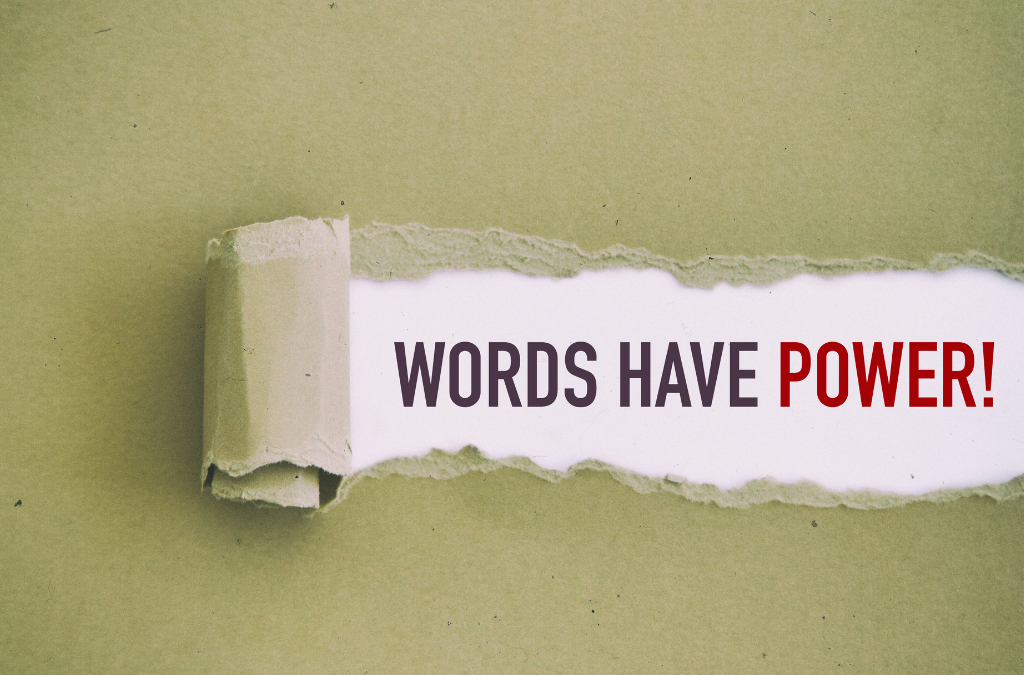Stigmatizing Language in Substance Use Disorder: Words Matter
Substance use disorder (SUD) affects millions of lives, weaving its impact through individuals, families, and entire communities. Yet, despite the prevalence of this struggle, the stigma surrounding addiction continues to deepen the divide between those in recovery and the society around them. It is a stigma that isolates, shames, and perpetuates cycles of silence. But this narrative can change, and it starts with language.
The Weight of Stigma
Stigma around substance use disorder doesn’t just harm—it can kill. It thrives in misconceptions, leading to unfair judgment, discrimination, and social exclusion. People with SUD are often seen as weak, irresponsible, or even morally corrupt, rather than as individuals battling a complex medical condition. This perception adds to the already heavy burden they carry, making it harder for them to seek help, find support, or even believe that recovery is possible.
Imagine being in the grip of a powerful illness, yet feeling unable to talk about it because society has already decided you are a failure. For many in recovery, this is their reality. The shame attached to addiction is not just internal—it is imposed by a world that has misunderstood the problem. But it is time to shift the lens.
Fighting Stigma with Understanding
Stigma is born out of ignorance, and education is one of the most powerful tools to combat it. Substance use disorder is not a moral failing; it is a medical condition that requires treatment, compassion, and support. Understanding addiction as a brain disease, where changes in brain chemistry drive behavior, opens the door to empathy.
Science has shown that addiction hijacks the brain’s reward system, making it incredibly difficult to control impulses or quit using without help. This shift in perspective allows us to see that recovery is not simply a matter of willpower but involves medical care, community support, and a commitment to healing.
Fighting stigma means challenging the belief that people with addiction “deserve” what they’re going through. It means recognizing that everyone deserves dignity, regardless of their struggle, and that recovery is a human right. But fighting stigma also means changing the way we talk about it.
The Power of Language in Recovery
Words have power. The words we choose can either uplift or wound, inspire or diminish. When we talk about substance use disorder, our language can perpetuate stigma or help break it down. Words like “addict,” “junkie,” or “drug abuser” dehumanize individuals and reduce them to their illness. These labels place the burden of shame squarely on the person, rather than acknowledging the broader context of their struggle.
Instead of labeling people by their condition, use person-first language. For example, saying “person with a substance use disorder” reminds us that they are, first and foremost, a person—someone with hopes, dreams, and inherent worth. They are not defined by their addiction; they are fighting it.
Similarly, terms like “clean” and “dirty” to describe sobriety or relapse are loaded with judgment. They imply that a person in recovery is only valuable when they are abstinent, and that any setback makes them “dirty” or unworthy. A more supportive and neutral approach would be to talk about someone being “in recovery” or experiencing a “recurrence of use.” This shifts the focus from shame to the ongoing process of healing.
Building a Community of Support
Recovery is not a solitary journey. It requires connection, understanding, and a network of support. Those in recovery often need to rebuild their lives from the ground up, and having a community that respects and believes in their capacity for change makes all the difference.
So, how can we foster this?
- Educate yourself and others about the realities of substance use disorder. Understand the science behind addiction and recovery and share that knowledge to challenge misconceptions.
- Advocate for compassionate language. Correct harmful speech when you hear it, and gently encourage those around you to use person-first, non-stigmatizing language.
- Support recovery efforts. Whether it’s through volunteering, donating, or simply being an open-minded and compassionate listener, every bit helps. Recovery is hard enough without the weight of judgment and knowing that someone believes in them can give individuals the strength they need to keep going.
- Practice empathy. The next time you encounter someone struggling with addiction, rather than thinking, “Why don’t they just stop?” ask yourself, “What must they be going through?” This small shift in perspective opens the door to greater understanding.
A Better Way Forward
Substance use disorder does not define a person’s worth. As a society, we have the power to change the narrative around addiction and recovery. By using compassionate language, educating ourselves and others, and building supportive communities, we can break down the walls of stigma. Everyone deserves the chance to heal, to recover, and to live a life free of shame. Together, we can make sure that recovery is not just a possibility, but a reality for all.
Because in the end, words matter—and they have the power to heal.


